UNDP and the Ministry of Agriculture coalition, under the SCRALA project, is enhancing climate resilience among smallholder farmers by implementing irrigation systems in Zambia
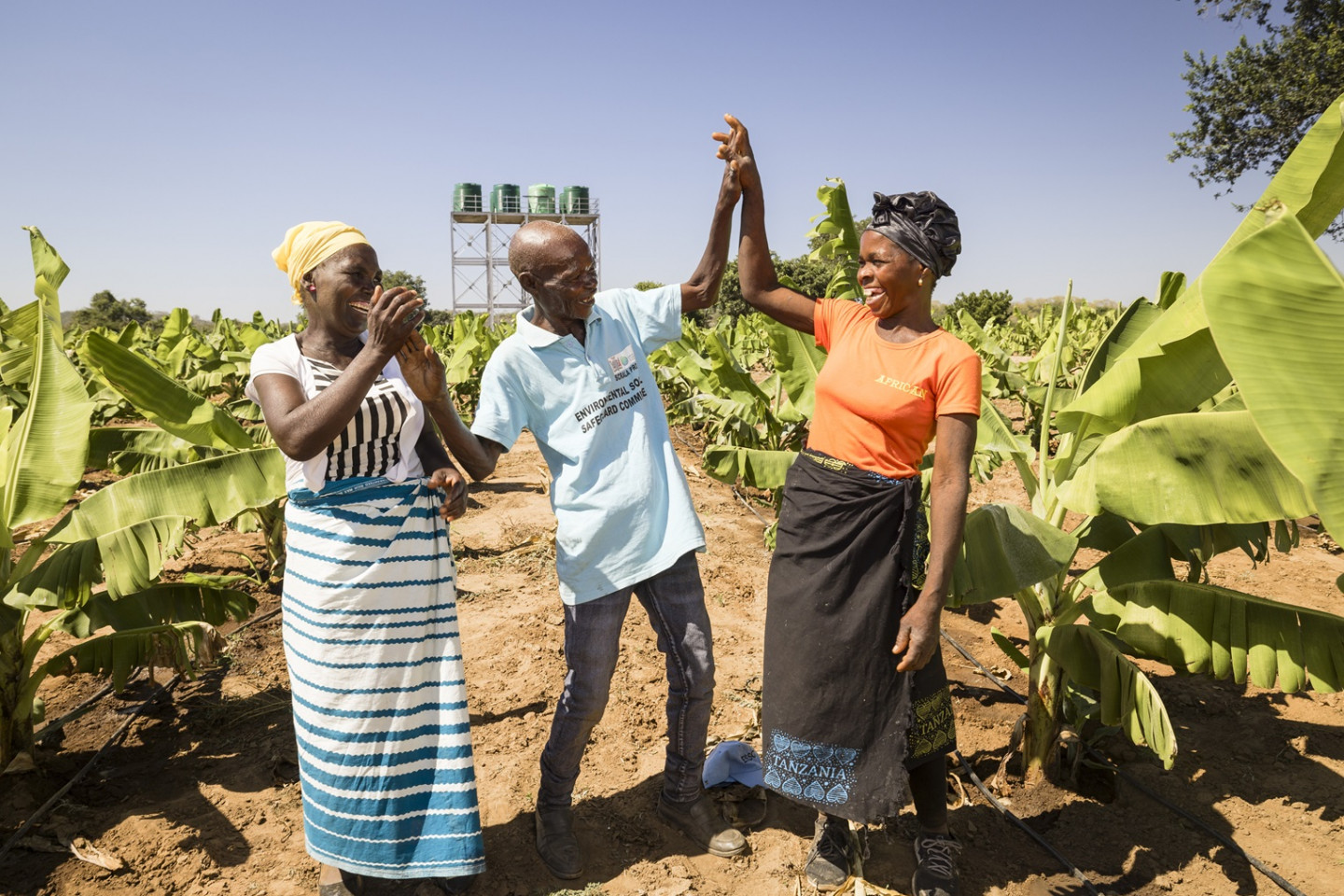

UNDP and the Ministry of Agriculture coalition, under the SCRALA project, is enhancing climate resilience among smallholder farmers by implementing irrigation systems in Zambia
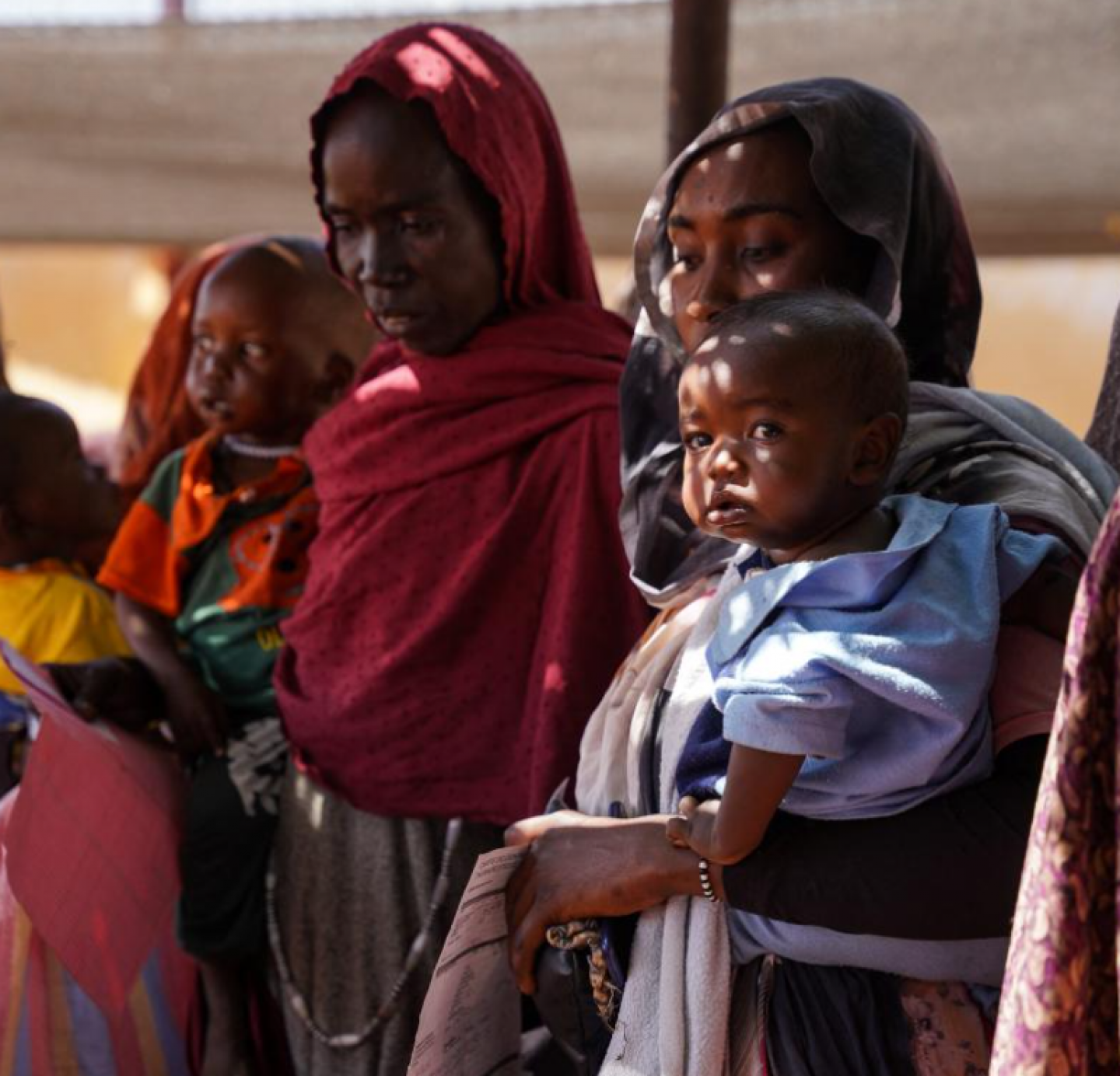
Many women in Africa have little or no protection against extreme heat events in their day-to-day lives
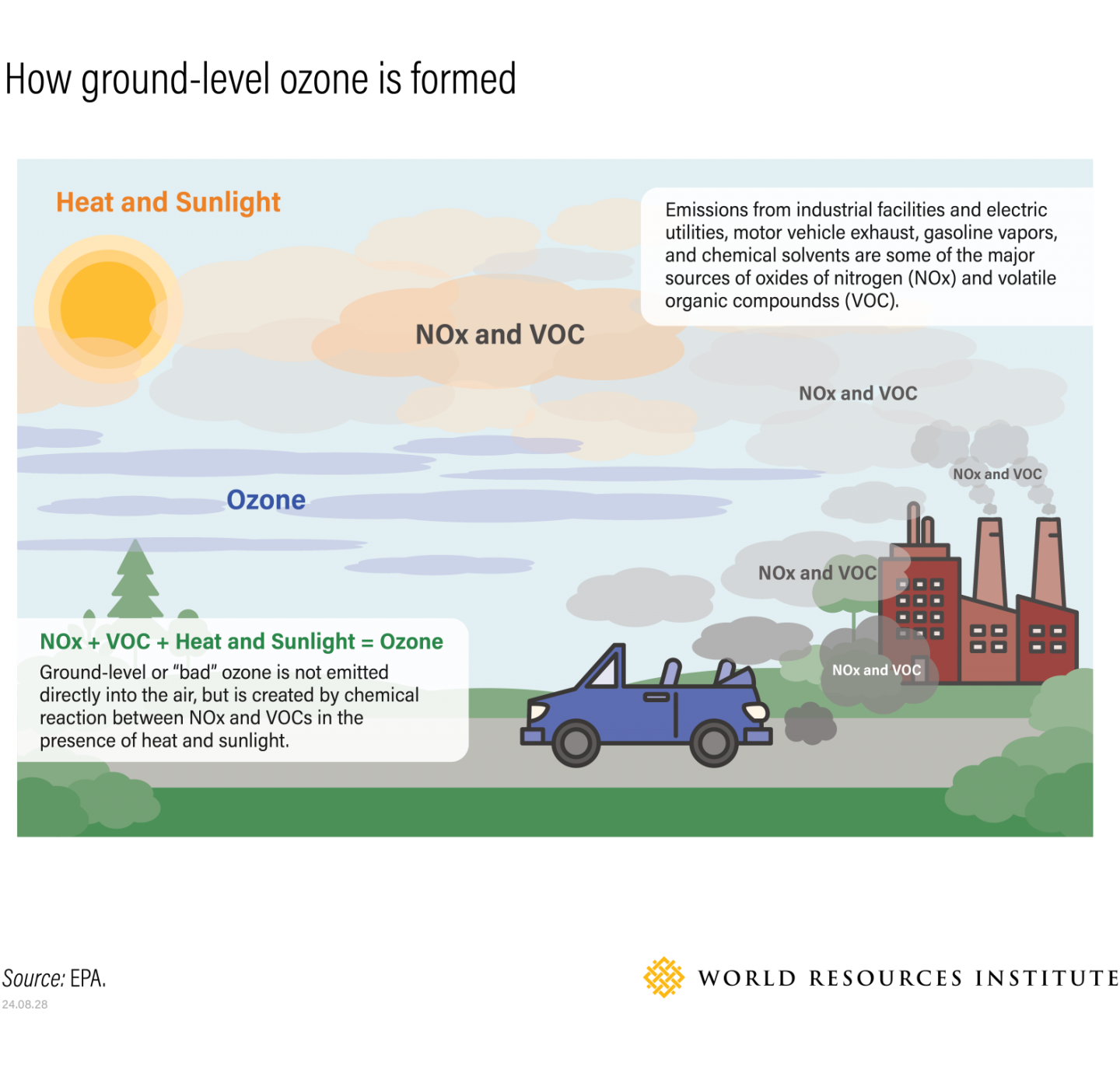
On July 22, the world experienced its hottest day in recorded history. The global average temperature reached 17.2 degrees C (62.9 degrees F), prompting U.N. Secretary-General António Guterres to issue a global call to action on extreme heat.
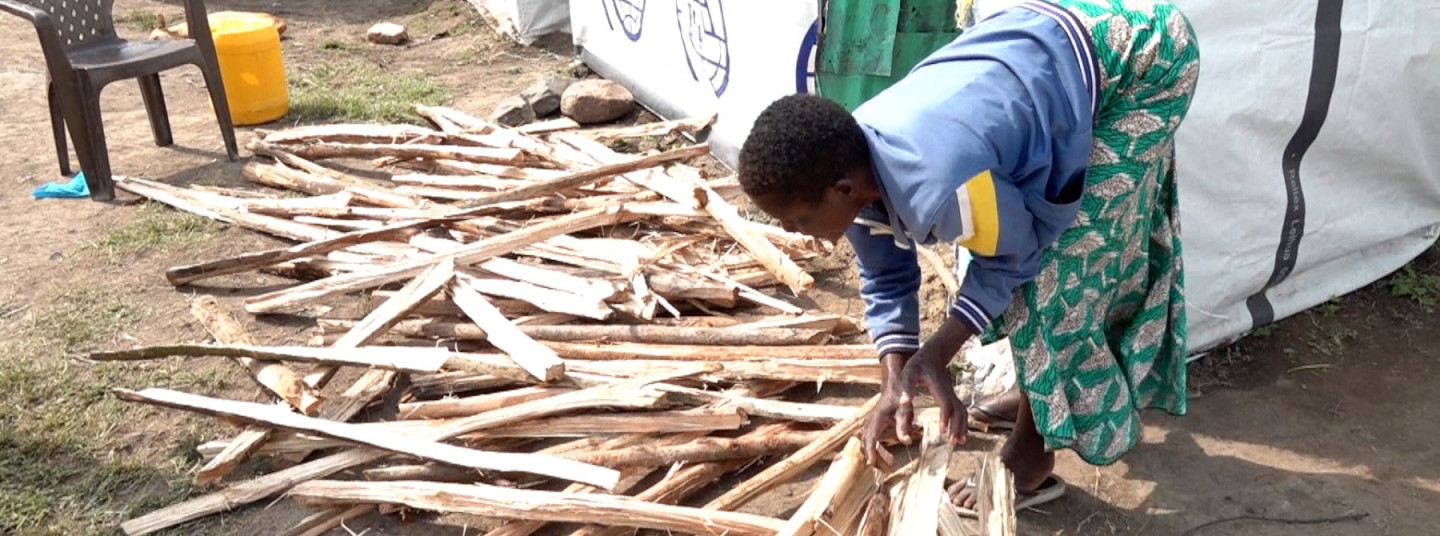
While children run and play outside the tight cluster of three dozen white tents, most of their parents are searching for food. Some mothers are chatting before searching for clean drinking water not easily accessible in the camp.

This case study focuses on Kenya, where a population of 55 million people, multiple climate zones, and escalating health challenges due to climate change present unique challenges when it comes to establishing an EWS.
This report builds on the experiences and expertise of people with lived experience of mental health problems and of communities most affected by climate change across the world and is grounded in the insights of 960+ experts from 90 countries.

Heat related mortality would have been 80% higher in absence of the adaptation observed during the present century
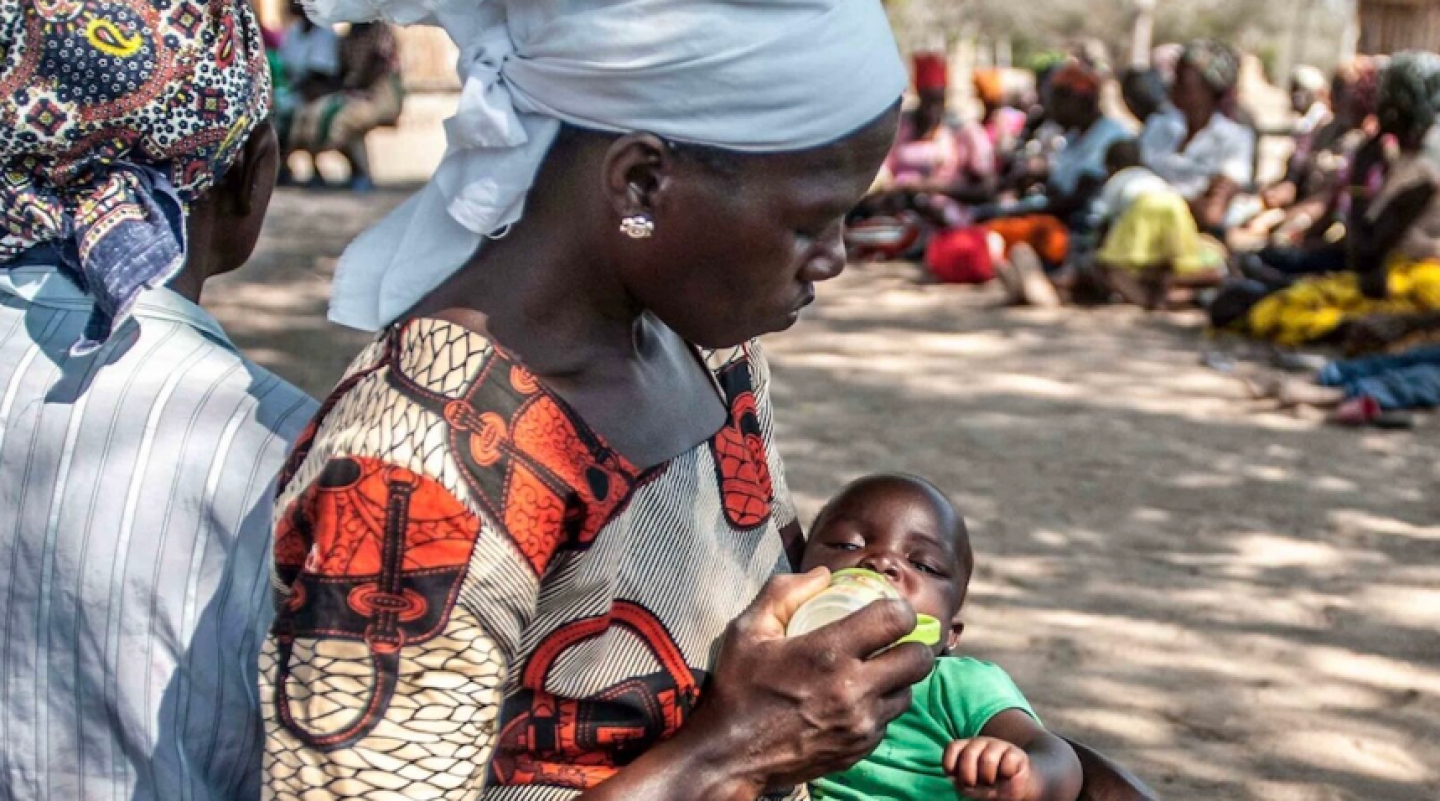
Climate change threatens public health by affecting the distribution and spread of food-borne pathogens, according to a recent study by food scientists from Benha University in Egypt published in Nature.
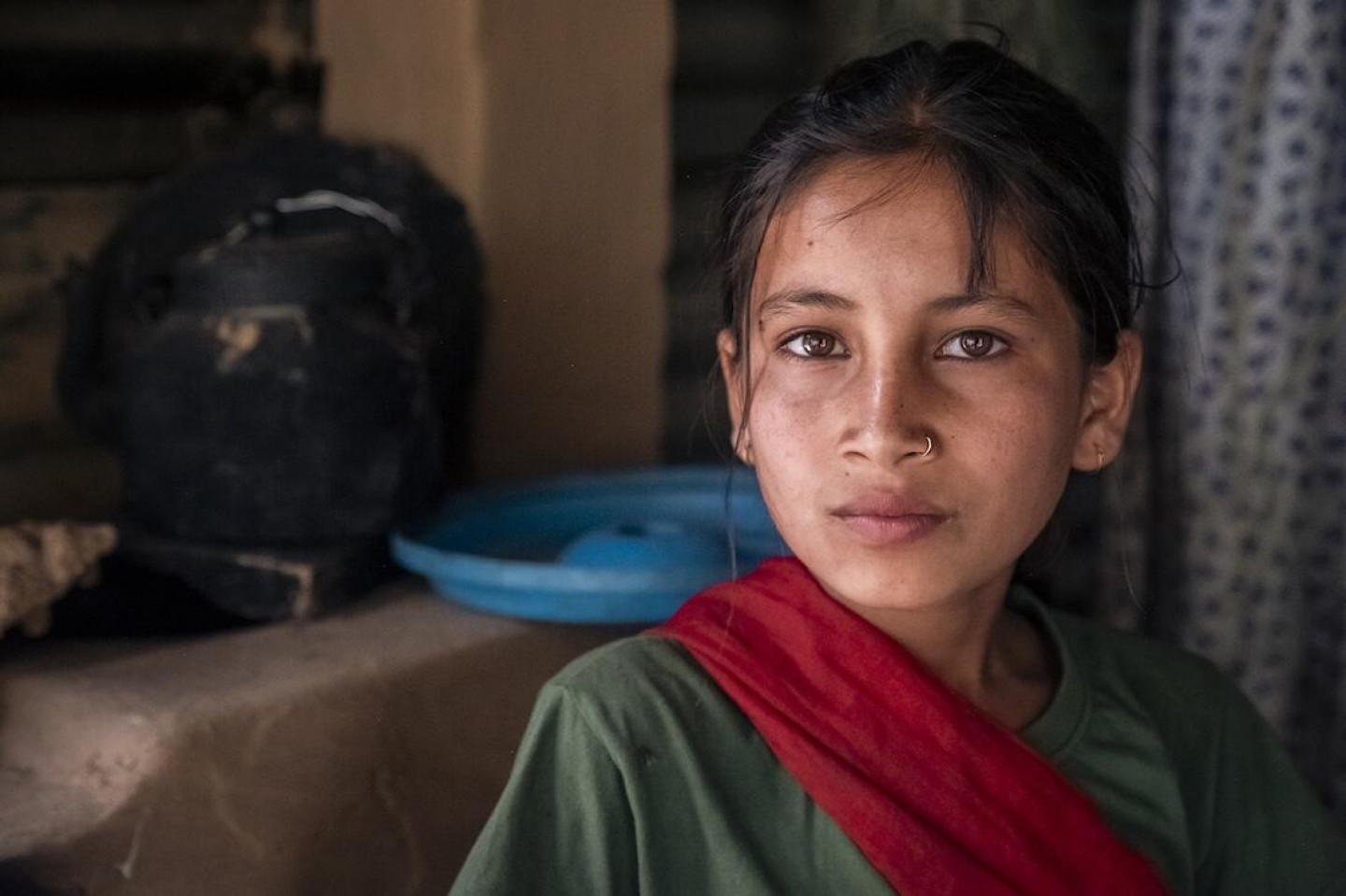
A new UNICEF report takes full stock of how climate change is impacting almost every aspect of child health and well-being, from pregnancy to adolescence, urging swift action to reduce emissions and to protect and prioritize children while advancing climate mitigation and adaptation measures.
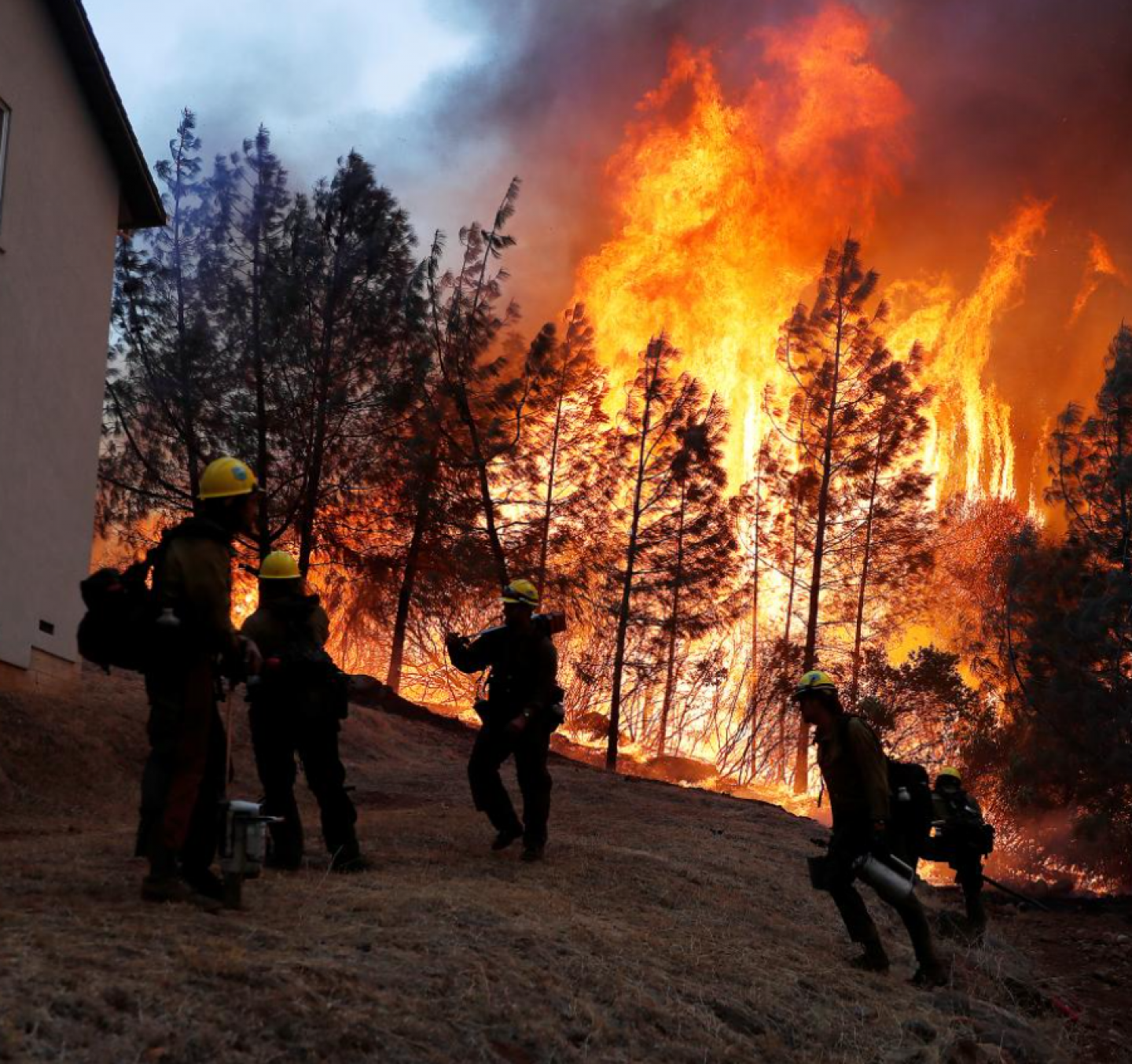
In a must-read, ProPublica's Abrahm Lustgarten uses the 2018 Camp Fire to show how extreme weather disrupts modern life